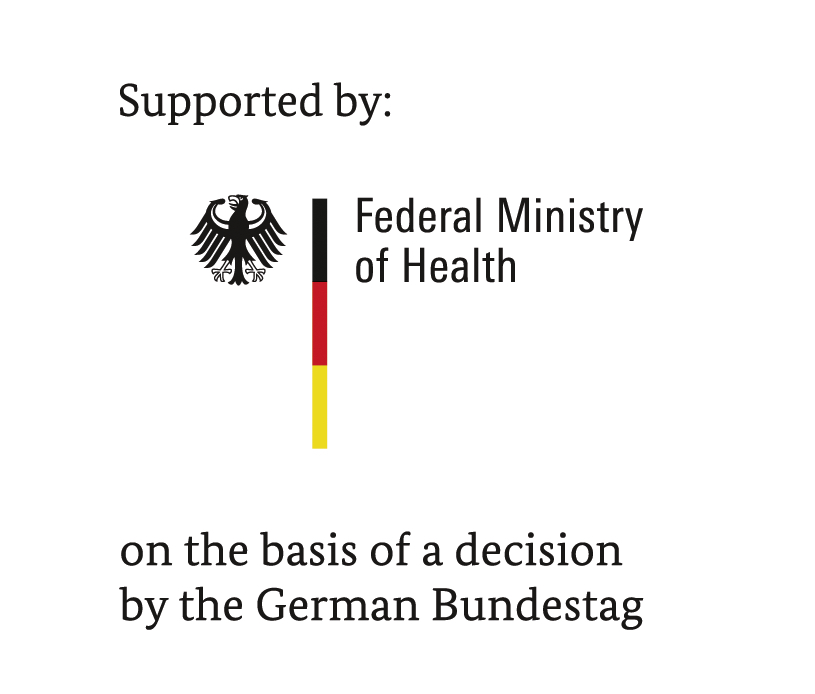EMLab keeps several field deployable laboratory units in readiness so that they can be deployed for diagnostic missions to infectious disease outbreaks. In order to also keep a pool of scientists and technicians ready for deployment, EMLab once a year conducts one week training sessions for new candidates who applied to be part of EMLab and its teams for deployments to outbreaks.
This year from among the applicants, candidates were invited and participated from the Ethiopian Public Health Institute (EPHI), Nigeria Center for Disease Control (NCDC), National Viral Haemorrhagic Fever Laboratory (Benin MoH), Rega Institute Belgium, Spiez-Laboratory Switzerland and the Robert Koch Institute from Germany.
The trainers from the BNITM were supported by colleagues from the Robert Koch Institute.
The training lasted one week. The twelve trainees were devided into two groups and two laboratory units were "deployed" and set up. The trainees were thoroughly trained on the EMLab workflow workstations beginning with sample reception procedures and continuing via biocontainment glovebox for inactivation of infectious samples to molecular diagnostic (PCR) analysis. Trainees were instructed on the appropriate personal protective, decontamination and waste management measures to be used in the EMLab laboratory units. Training documents and instruction manuals were updated beforehand and their useability was tested. The entire training week was set on the background scenario of an outbreak of an infectious disease and besides the laboratory challenges, the trainee teams also had to cope with non laboratory related and logistic challenges that may arise in the context of deployments to infectious disease outbreaks, like power cuts and public representation challenges.
This activity was funded by the German Federal Ministry of Health through the Global Health Protection Program (GHPP).
We thank everyone who supported this activity and the candidates participation.
